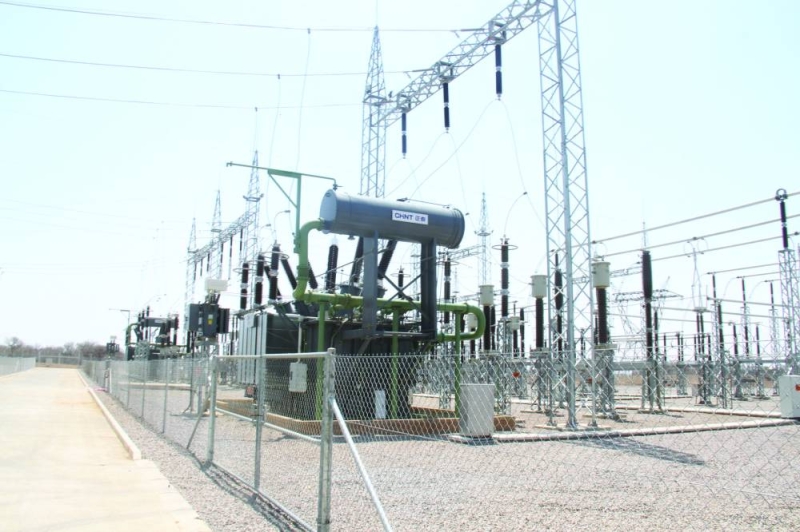Half of Batswana live without reliable electricity
Goitsemodimo Kaelo | Tuesday June 18, 2024 12:44


The 2022 survey, whose results were published on May 30, provides an on-the-ground look at electricity access in Botswana. The study indicates that living in a zone served by an electricity grid doesn't guarantee a supply of electricity. This is so because costs associated with service from the power grid – including fees for inspection, house wiring, and connection – may present prohibitive hurdles for many citizens. The survey findings also indicate that about three-quarters or 76% of Batswana live in zones served by the electric grid, with roughly one-quarter of rural residents amongst those enjoying a reliable electricity supply.
“Combining connection and reliability rates shows that half (49%) of all Batswana say they enjoy a reliable supply of electricity, including just 23% of rural residents and 32% of citizens experiencing high lived poverty,” reads the findings. Interestingly, the study further shows that more than six in 10 Batswana (64%) live in households that are connected to the national power grid. Amongst those who are connected to the grid, 76% say their electricity works “most of the time” or “all of the time”. About one-quarter (24%) say that power is available only “about half of the time” or less. Additionally, the study shows that the youth are also more likely to be connected (67% of those aged 18-35 years) than their elders (58%-63%).
According to the survey, Batswana are happy with government‘s efforts to provide electricity. Nearly two-thirds (64%) of citizens say the government is doing a good job of providing a reliable supply of electricity, although this is down from 77% in 2019, pointing to the need to promote development by improving service reliability and expanding access to electricity, especially for poor and rural communities. However, electricity ranks far down the list of most important problems that Batswana want their government to address, cited by just one percent of respondents as one of their top three priorities for government action.
'On citizens’ list of most important problems that their government should address, electricity ranked far down the list as of July–August 2022 – only one percent of respondents cited it amongst their top three priorities for government action. Unemployment was far and away the top concern for urgent government action, cited by 50% of citizens,' reads the findings. Beginning in April this year, government introduced free household connections to increase electricity access by households. President Mokgweetsi Masisi said to increase the rate of household connections, government had reviewed standard connection fees of P5,000 and P2,500 for higher-income and low to zero-income households respectively. The government aims to achieve 100% energy access by 2030.
